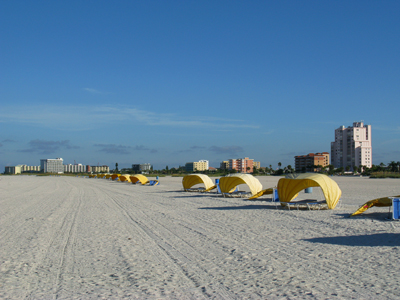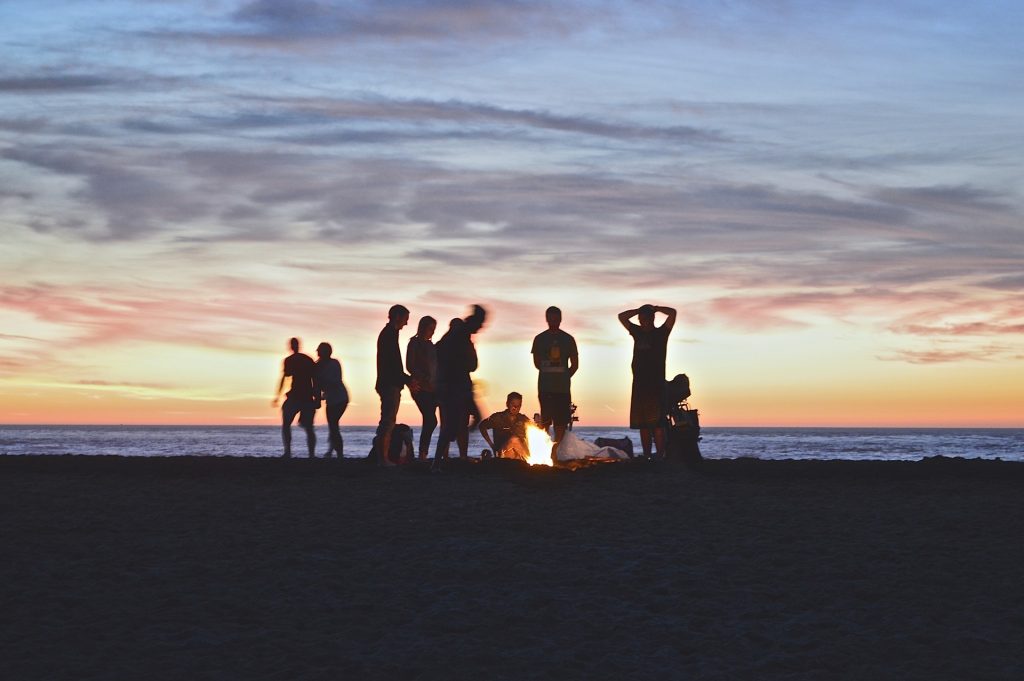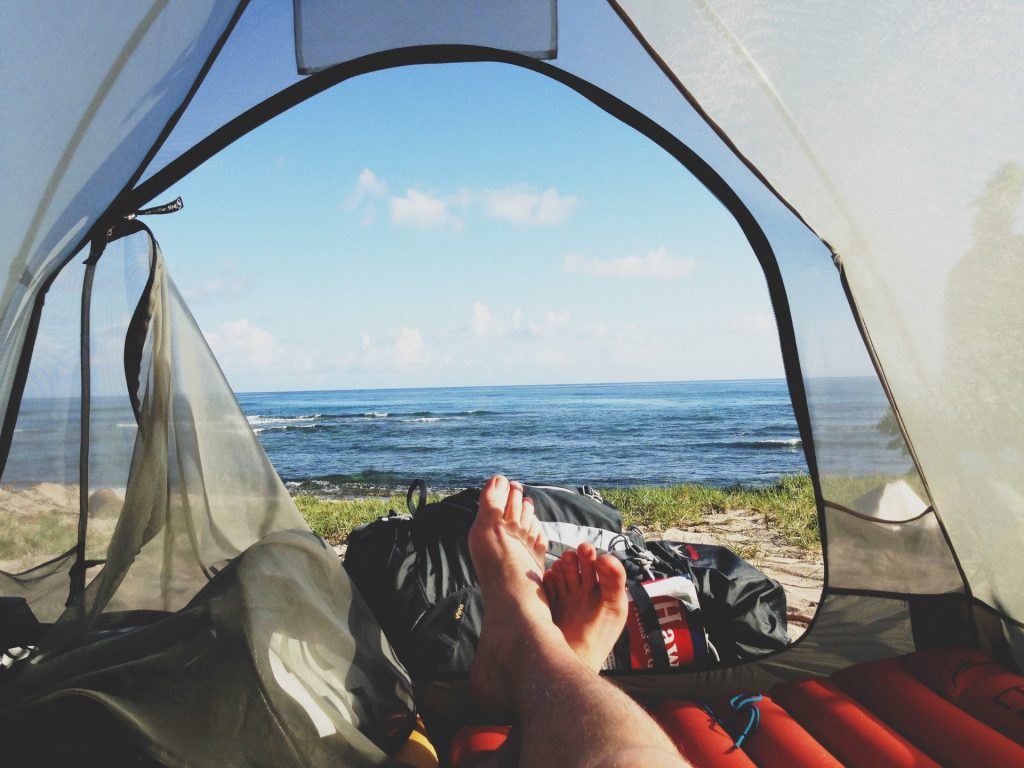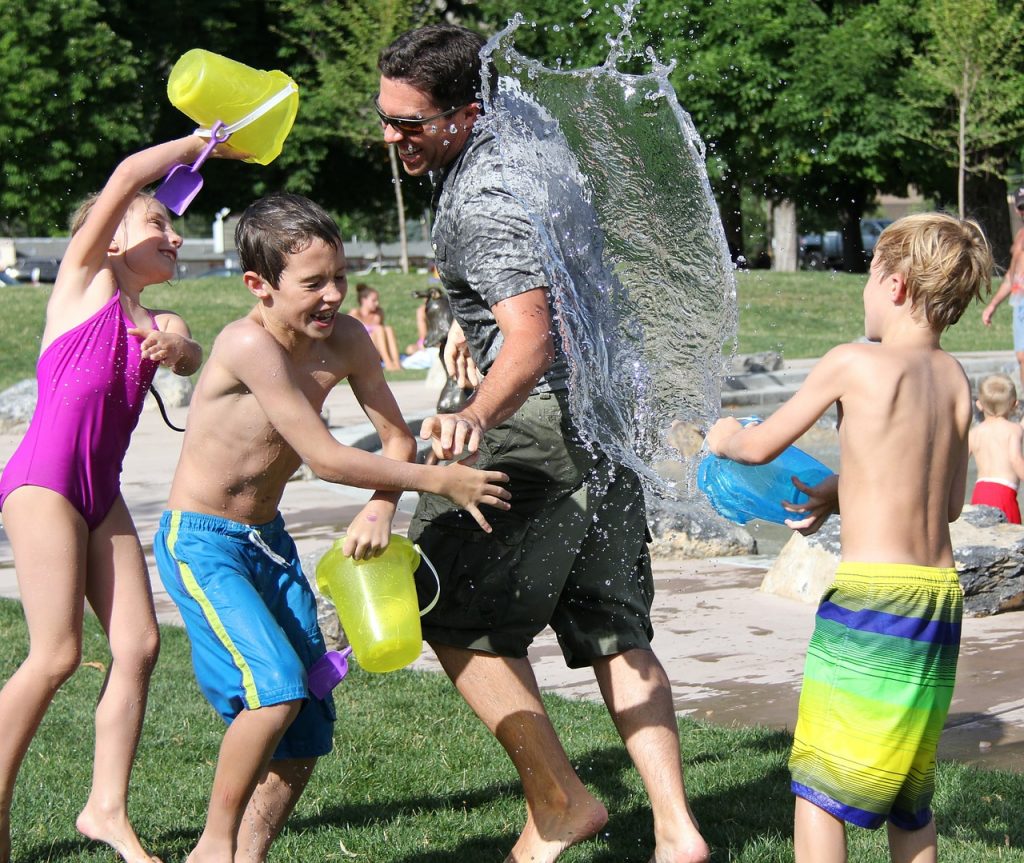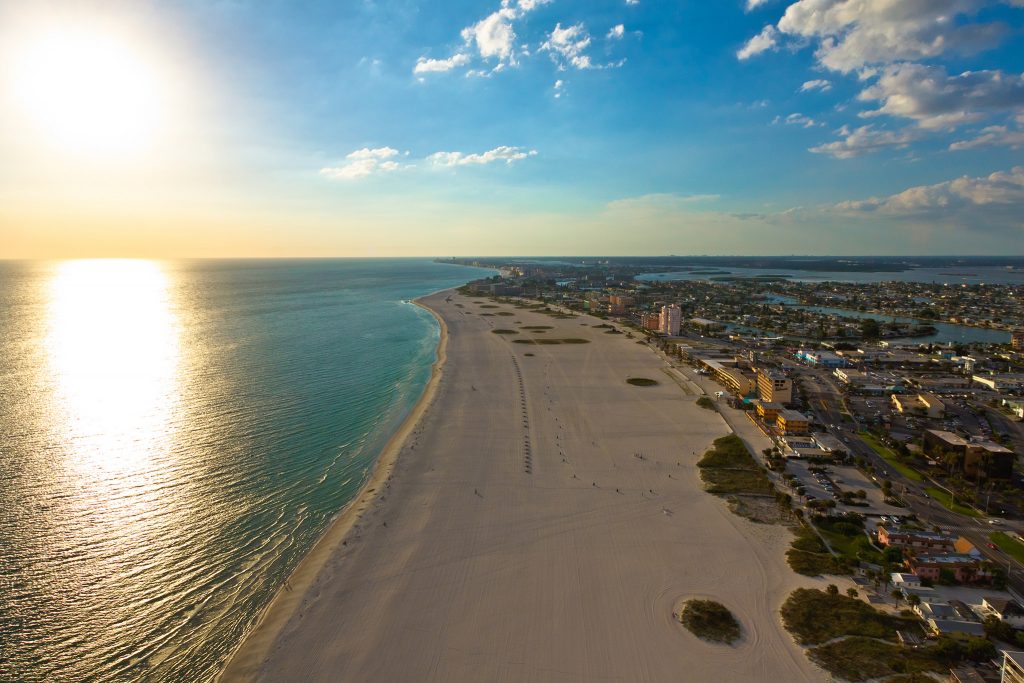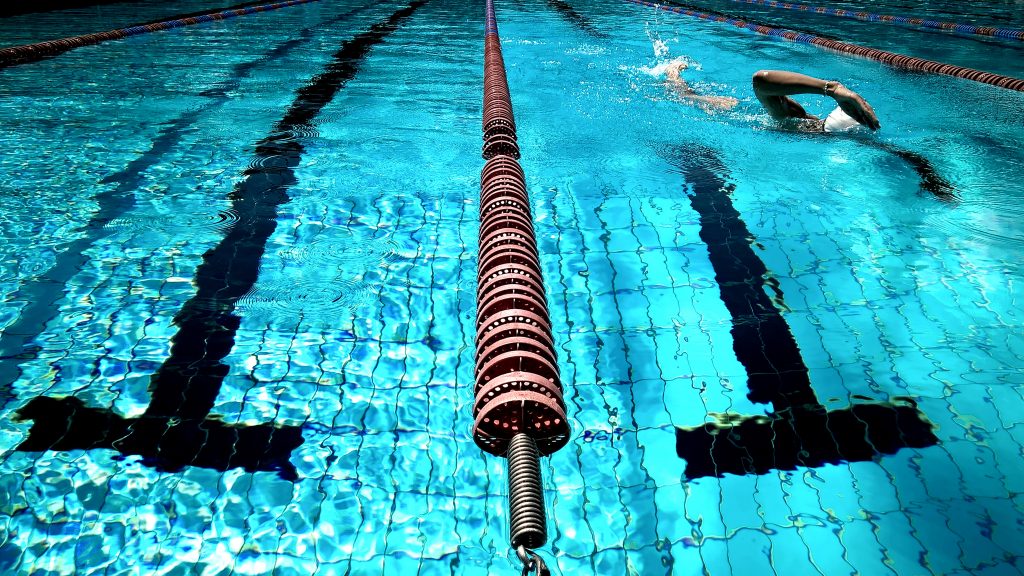There’s so much more to buying a house than touring property after property until you find “The One”. Once you find the house that’s meant to be your home, you’ll need to make an offer, sign an agreement of sale, and go through the mortgage process. While some lenders and certain types of loans require a home inspection and others don’t, we always recommend Buyers to obtain a home inspection prior to closing. Most agreements of sale contain a home inspection contingency clause that allow for the contract to be voided if the inspection reports a serious defect in the property that Seller and Buyer can’t come to an agreement on repairing.
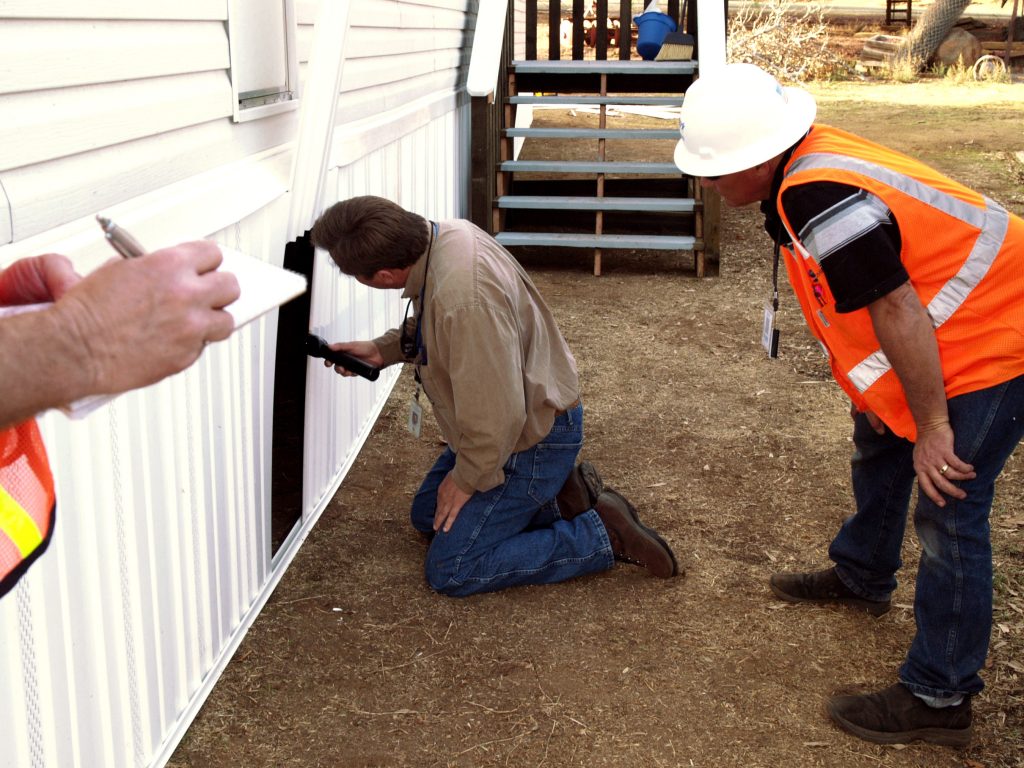
(via Google Images under creative commons)
The home inspection is fairly comprehensive. We urge our Buyers to attend the home inspection to learn more about the inner-workings of the property and its systems. For all the thoroughness the inspector puts into each individual property, there are things not included in the home inspection. That doesn’t make these items less important nor should the exclusion of these items mean you should inspect them yourself (or by a trained professional). Below are five things not included in the home inspection that you should inspect yourself.
- Appliances. After-market appliances are not included in home inspections but should be tested for their working order by the Buyers. You don’t want to find out that your dryer’s timer no longer works or the refrigerator doesn’t cool as it should. Simple tests such as running the appliances during the home inspection, which can take a few hours, can be the easiest way to check the status of the items in question. Talk with your Realtor before the home inspection and coordinate with the Seller, don’t just show up with a bag of dirty laundry!
- Swimming pools and hot tubs. These are two popular items in Florida homes but they’re not included in a standard home inspection. Some home inspectors will offer an add-on inspection for an additional while others will recommend you contact a licensed pool contractor. Which ever avenue you decide to take, be sure that the systems are functioning properly, the concrete in and around the pool or the pool liner and other structures are in good condition. Again, an inspection is a good time to learn home to use the pool or hot tub systems.
- Sprinkler systems. Your soon-to-be new home may have beautiful landscaping thanks in part to a sprinkler system. Even if this was installed by the home’s builder, the home inspector still won’t include it in his or her report. Your Realtor can talk with the Seller’s agent about existing servicing agreements for the system that may include a transfer inspection or can help you locate a licensed and experienced landscaper who can inspect the system.
- Environmental hazards. The term “environmental hazards” can seem terrifying but the likelihood of Buyers having to combat these issues are low; however that doesn’t mean you shouldn’t investigate a property you intend to live in. The most common concerns are radon, lead, asbestos, and mold. All of the tests for these issues are easy to perform. The inspectors can vary from your home inspector performing them in conjunction with the traditional home inspection to hiring a specialized inspector. If the results don’t meet the threshold of safety as designated by the EPA or local laws, the issue can be mitigated usually at the Seller’s expense.
- Electronic systems. Did that full-home stereo system seal the deal for you? Or does the house have a state-of-the-art security system? That’s awesome but your home inspector isn’t going to checking these things. It’s best to hire an electrician, experienced professional, or the servicing company to inspect the system in question.
It may seem like your home inspector is overlooking a large portion of your potential new home, the truth is he or she is concerned with the guts of the house. All of these items are considered the “bells and whistles” and while you don’t need them to make a house, it certainly makes for a more comfortable home. It’s also best to spend a small amount of money for an inspection ahead of time to avoid spending a large amount of money in repairs shortly after buying. You may not need all of these items inspected either, if the Seller has a current servicing contract or warranty, you and your Realtor should investigate if it can be transferred to you as the new home owner.
